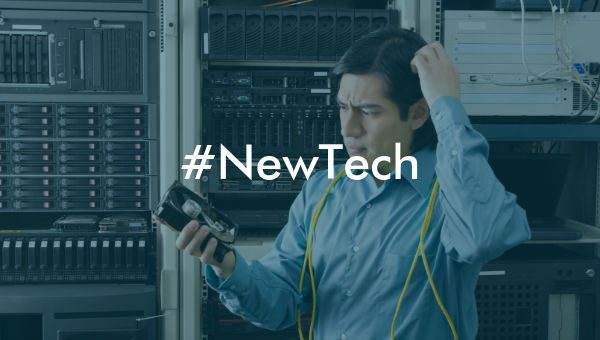
[The Verge] Philips Hue company announces lights that beam data at 250 Mbps
Signify, the company formerly known as Philips Lighting that produces Hue-branded smart lights, has announced a new range of internet-transmitting Li-Fi lights called Truelifi. They’re capable of transmitting data to devices like laptops at speeds of up to 150 Mbps using light waves, rather than the radio signals used by 4G or Wi-Fi. The product range will consist of both new lights as well as transceivers that can be retrofitted into existing lighting. The technology can also be used to wirelessly connect two fixed points with data speeds of up to 250 Mbps.

[New York Times] Google Sibling to Unveil Sidewalk Labs Plan for Toronto Waterfront
Specifics have been incomplete about the project in the year and half since the company was asked to reshape Canada’s largest city, relying on a vast range of data collection including sensors to measure things like park bench use and toilet bowl flushes, and with features like robots to drop off parcels and pick up trash. On Monday, that will change when a government agency releases the first detailed plan for the project, which is being run by Sidewalk Labs, a subsidiary of Google’s parent, Alphabet.

[Scitech Europa] International science collaboration: will Canada join Horizon Europe?
According to officials, Canada will launch a new fund of up to C$25 million (€16.75 million) a year for international science collaboration. There has also been a suggestion from Brussels that Canada could join the Horizon Europe programme.

[Canada.com] New-car quality dips as consumers struggle with higher tech
Advanced driver assistance systems have become more widespread but are growing increasingly complex and troublesome for car owners, J.D. Power found in an annual survey on the first 90 days of car ownership. The newfangled systems befuddling car buyers include lane-departure warning, blind-spot detection, collision-avoidance systems and other safety-minded innovations.
